Bleaching Wet Hair – Pros, Precautions, Tips
All the tips and hacks you need to bleach your hair most effectively and safely at home.
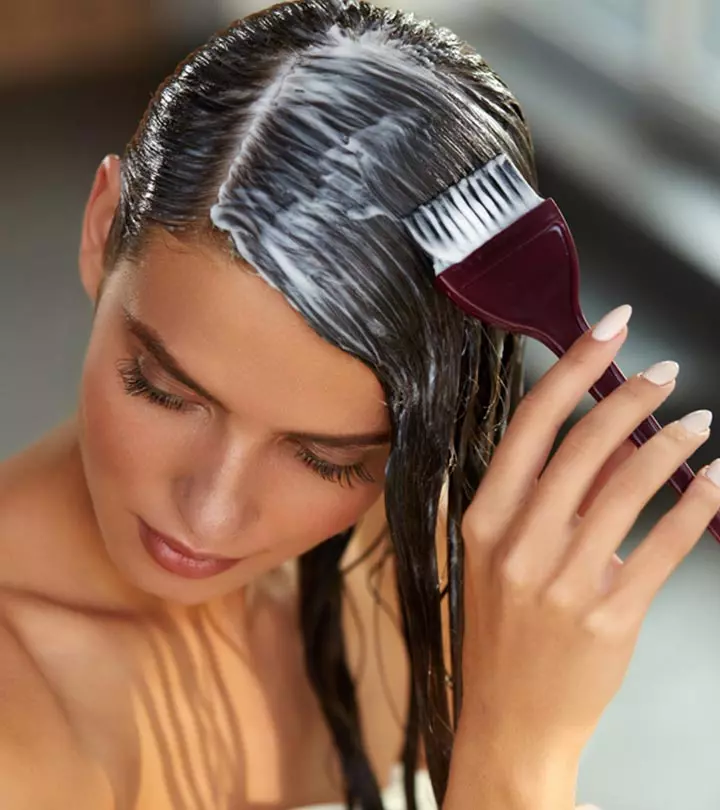
Image: Shutterstock
There are plenty of new hairstyles to try in hair coloring, including the highlights or the wet balayage. Bleaching wet hair is the best option if you want to try new hair dyes, or just keep it to bleaching. But does bleaching wet hair give the desired results? As wet hair lightens faster, bleaching it is the new trend to follow and achieve the hair look that you want to flaunt. Some also believe that wet hair will not hold color, but is it true? Keep reading to have all your questions answered.
In This Article
What Happens When You Bleach Wet Hair?
As you know, bleaching your hair makes the hair strands weak, dry, and brittle. One might then consider bleaching wet hair. However, can you bleach wet hair? Let’s compare what happens to the hair when bleached dry and when bleached damp.
Applying bleach on dry hair causes the bleach to penetrate the hair cuticle and cortex. The bleach then decomposes melanin, the pigment that imparts color to your hair and skin. This results in a lighter hair color. However, bleach also oxidizes and destroys the cross-linked hair proteins, thereby weakening the hair. This results in hair loss, brittle hair, and frizzy hair. Only intensive hair treatments can help save them to an extent after that.
That is not the case when bleach is applied to wet hair. The cuticle of the hair strands is already filled with hair, thus preventing the bleach from entering the cortex. However, that also means that the hair is not completely stripped of its natural pigment. Hence, if you want to go bold but not too loud and keep your hair protected, bleaching wet hair is a great option. Here’s a rundown of why bleaching wet hair is a better option.
Key Takeaways
- Wet hair prevents bleach from entering the hair cortex, thus controlling dryness, brittleness, and frizz.
- Bleaching wet hair lightens your hair more quickly, softens the hair color, and brightens the hair ends.
- Make sure you wet your hair with a spray bottle, and do not bleach it right after washing as it may cause hair damage and scalp irritation.
Why Bleaching Wet Hair Is Better
- For Quick Hair Lightening: If you do not have hours to sit in a salon to get your hair bleached, bleaching your hair wet is the best option.
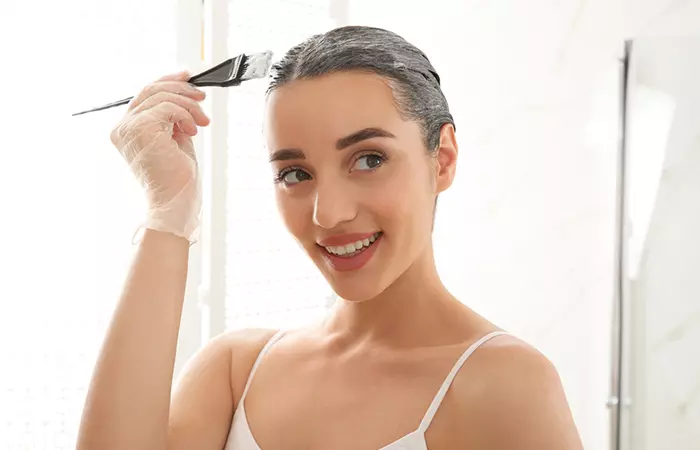
- For A Soft Hair Color: Want to add lift and volume to your mane without making it too obvious? Bleach your hair wet! Hairstylists use this technique all the time to give you a shade or two lighter hair color.
- For Frizz-Free Hair: Bleaching the hair wet protects the hair cortex and cuticle. This prevents the hair from drying out and looking frizzy.
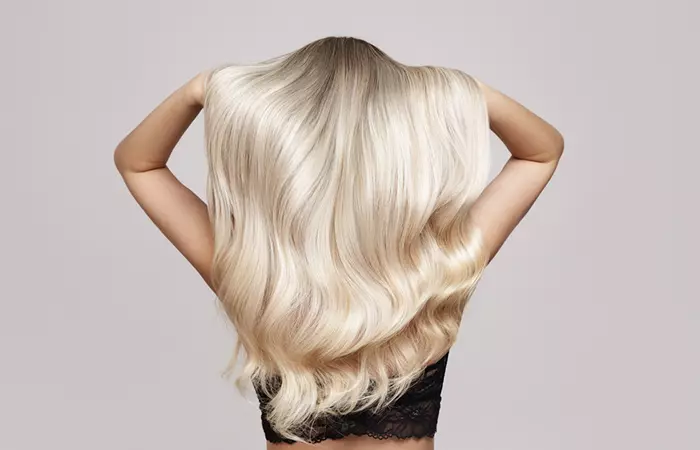
- For Bright Hair Ends: A huge hair trend this year is lighter or brighter hair ends. This futuristic look is obtained by bleaching the wet hair ends. This adds a lighter touch to the hair. It looks especially great on short hair.
 Quick Tip
Quick TipBut, can you bleach your wet hair yourself at home? Let’s find out in the next section.
Should You Bleach Wet Hair At Home?
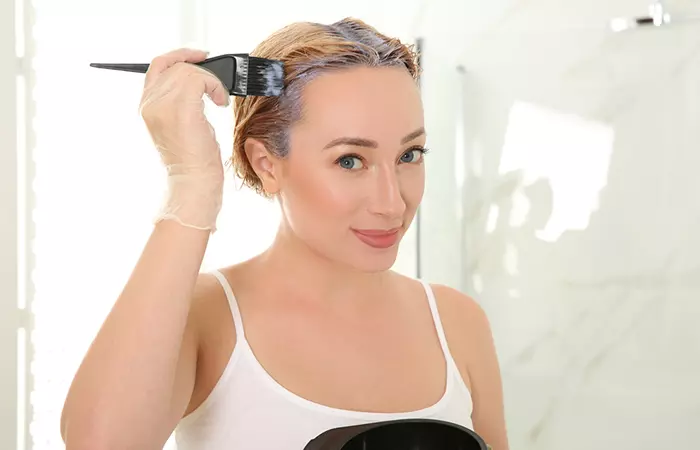
The idea of bleaching and coloring your hair at home can be really tempting. Go ahead if you are super confident about your bleaching skills. If not, book an appointment at a hair salon and get bleaching done on wet hair from a professional. This would also help you understand the process better and get pro hair tips from the stylist.
 Did You Know?
Did You Know?So, you can bleach your hair wet. Does that mean it is okay to bleach your hair right after washing? Find out in the next section.
Can You Bleach Hair After Washing?
No, bleaching your hair after washing is not recommended. Professionals use a spray to dampen the hair strands before bleaching. That’s because when the hair is wet from the roots to the ends, it is weaker. Moreover, washing your hair strips away the natural oils that serve as a protective barrier. So, bleaching your hair right after washing may make your scalp and hair more prone to damage and irritation.
What other precautions should you take if you decide to bleach your hair wet? Scroll down to find out.
Precautions And Preparation Tips
If you are bleaching at home, here are some preparation tips:
- Avoid bleaching your hair very close to the roots.
- Wet hair should be clean, but don’t use conditioner beforehand as it can create a barrier.
- Apply petroleum jelly along your hairline and on your ears to prevent bleach from irritating your skin.
- Have all the necessary tools ready, like bleach, gloves, a mixing bowl, and a brush for easy application.
- After applying the bleach, wear a shower cap to prevent dripping and keep the heat in. This helps with the bleaching process.
- Know how long you will leave the bleach in, as wet hair absorbs it quicker than dry hair.
- Always do a strand test before starting to make sure the bleach works well on your hair type.
Not just bleaching, you must also adapt a good hair care system for your bleached hair to prevent drying and to maintain the lighter hair color for longer. How to do that? Take a look at these pro tips.
Pro Tips For Taking Care Of Bleached Hair
Once you have bleached your hair, a gentle routine for your strained tresses is a must. Here are some tips that will help you look after your bleached hair.
- Use a hair toner to prevent your bleached hair from looking brassy.
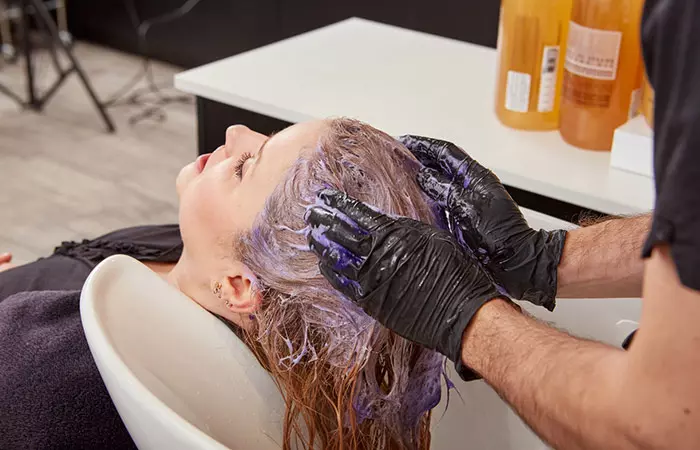
- Keep your hair protected from the sun. Use a scarf, hat, or hair sprays with SPF when you step out.
- Deep condition your hair once a week. It is important to hydrate your hair after the bleaching process. You may use an avocado hair mask or opt for a hot oil massage to restore its moisture content.
- Use only those shampoos, conditioners, and other hair products that protect bleached hair.
- Avoid heat styling as much as possible. Use the cool setting when blow-drying your hair. You may also try air-drying or using braids to create waves.
- Use a light hair oil – like argan oil – to bring back the shine.
- Avoid swimming in chlorinated swimming pools as it can make your hair ends frizzy.
- Trim the split ends.
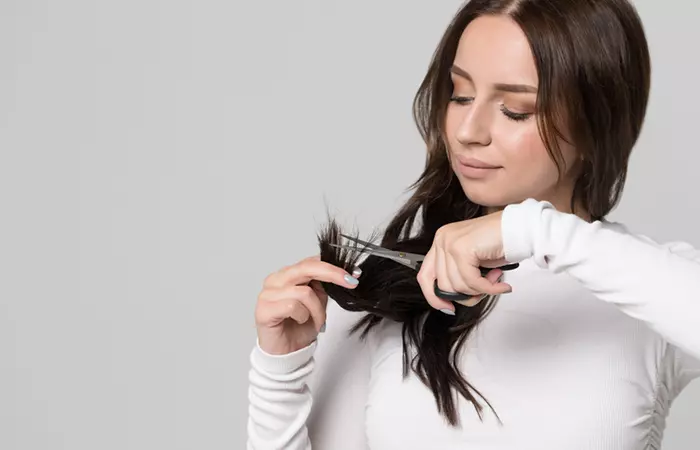
- Avoid bleaching your hair too often.
- Braid your hair or tie it in a bun before going to sleep.
These tips can help preserve your bleached hair. That said, are you wondering where you can fit a toner in the bleaching process? Learn in the next section.
Can You Apply Toner To Wet Hair After Bleaching?
It’s best to avoid applying toner to wet hair immediately after bleaching. Firstly, your hair should be towel-dried and must never be left dripping wet. Applying toner to hair that is too wet may lead to uneven results and even dilute the toner. On the other hand, the toner may not be as effective if it is applied to hair that has become dry. For optimal results, apply the toner once your hair attains the right level of dampness, or when it is just damp to the touch. This allows the toner to work effectively and helps you achieve your desired hair color. Follow the instructions carefully before using the toner.
Infographic: Benefits Of Bleaching Wet Hair And Care Tips
The world of hair beauty is seeing a growing trend of vibrant hair colors. Popular coloring techniques include highlights and wet balayage. Bleaching wet hair is the best option to achieve these trendy looks, and you can do it in the comfort of your home. Check out the infographic below to learn more about the benefits of bleaching your wet hair and how to care for it after.

Illustration: StyleCraze Design Team
Bleaching wet hair is an excellent and more trouble-free way of achieving a unique look. It is a quick and easy way to reduce frizz and add volume and color to your hair. However, if you are new to this, it is recommended that you go to a salon and get it done by a professional. If you plan to bleach hair at home, make sure you don’t do so immediately after washing it and avoid bleaching it close to the ends. Finally, taking precautionary steps such as using a toner, minimizing hair styling, and using the correct products can keep your hair voluminous and shiny.
Frequently Asked Questions
Should you bleach dirty hair?
Yes. Bleaching your hair when it is dirty and greasy is recommended as the natural oils help protect your hair and scalp from chemical damage.
Should I put coconut oil on my hair before bleaching?
Yes. You can put coconut oil before bleaching to prevent the burning and itching that usually accompanies the process. It also protects the hair proteins.
How can I speed up the process of bleaching my hair?
Blowdrying your hair can speed up the bleaching process. However, it also increases hair damage and is not recommended.
Does foil help in bleaching hair?
Yes. Foil can prevent the bleach from drying up. It also helps in separating the different sections of hair during the process.
Can I condition my hair before bleaching?
Yes. You should deep condition your hair a week before bleaching it to strengthen the hair bonds and safeguard them against chemical damage.
Is it okay to use purple shampoo after bleaching?
Yes. You can use purple shampoo 72 hours after bleaching. However, doing it earlier than the stipulated time may mess up your hair tone.
Some thing wrong with illustration image shortcode. please verify shortcode syntax
Learn how long you can safely leave bleach on wet hair to achieve the perfect color. Click on this video to get all the tips and tricks you need to know.
Read full bio of Dr. Shruti Chavan
Read full bio of Anjali Sayee
Read full bio of Eshna Das
Read full bio of Krati Darak






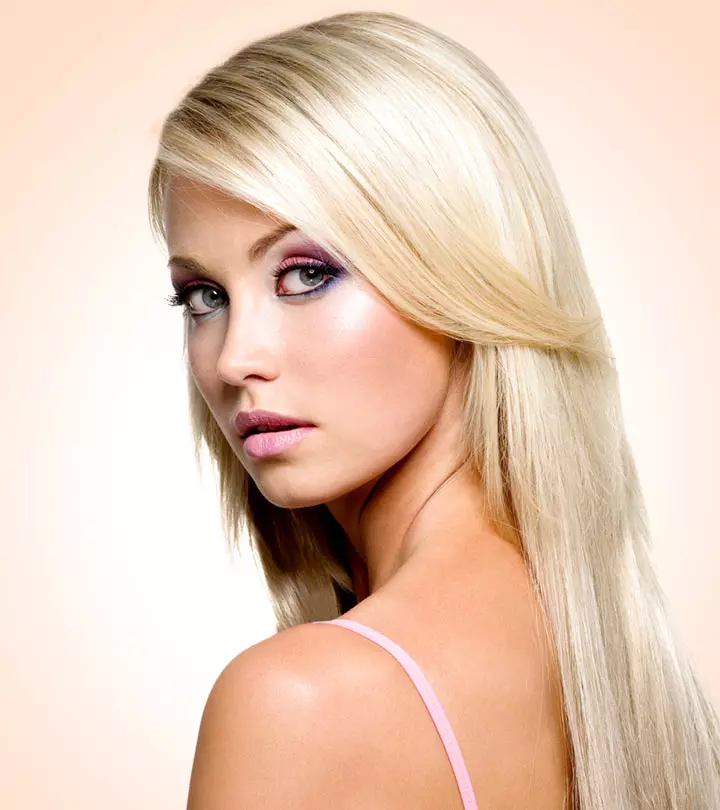
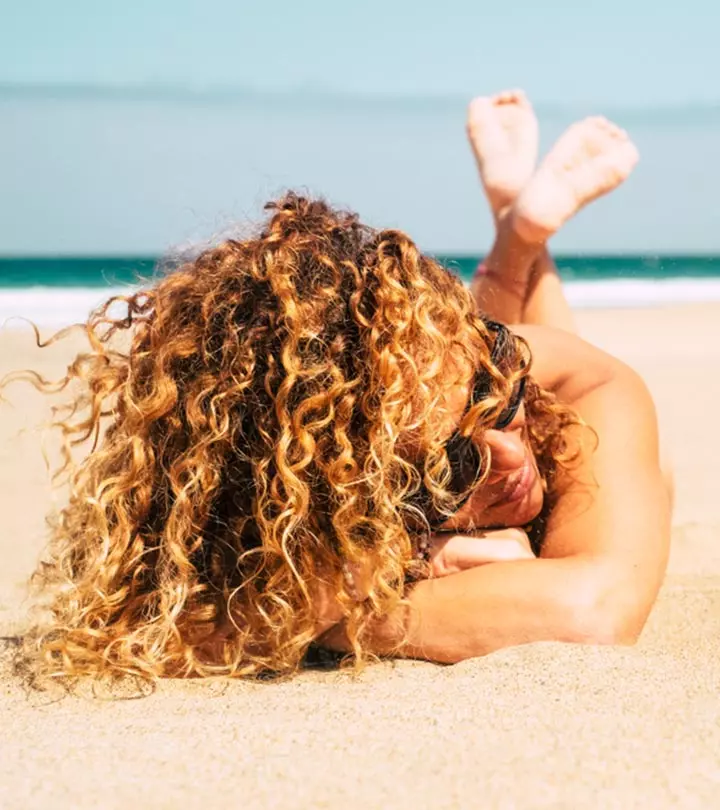

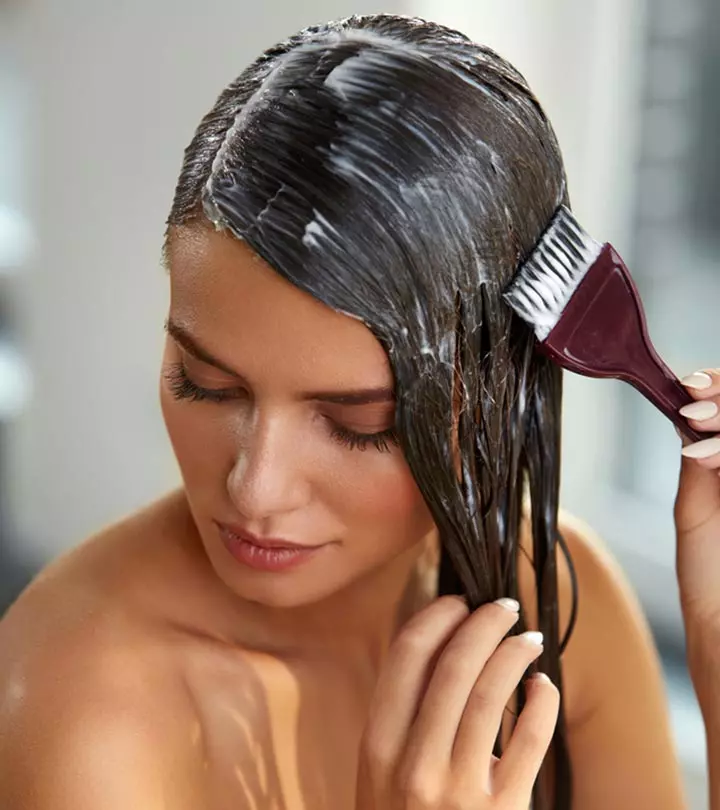
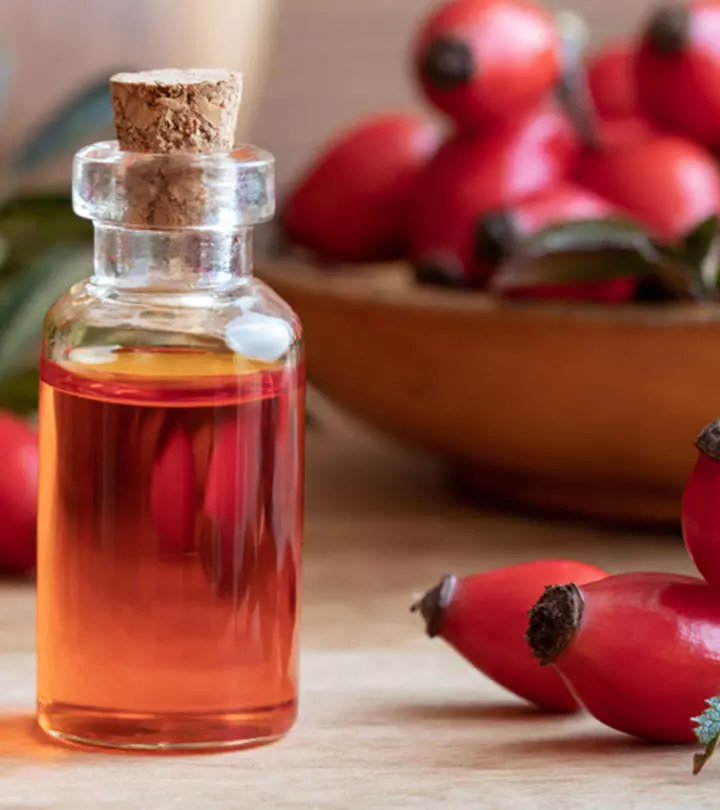
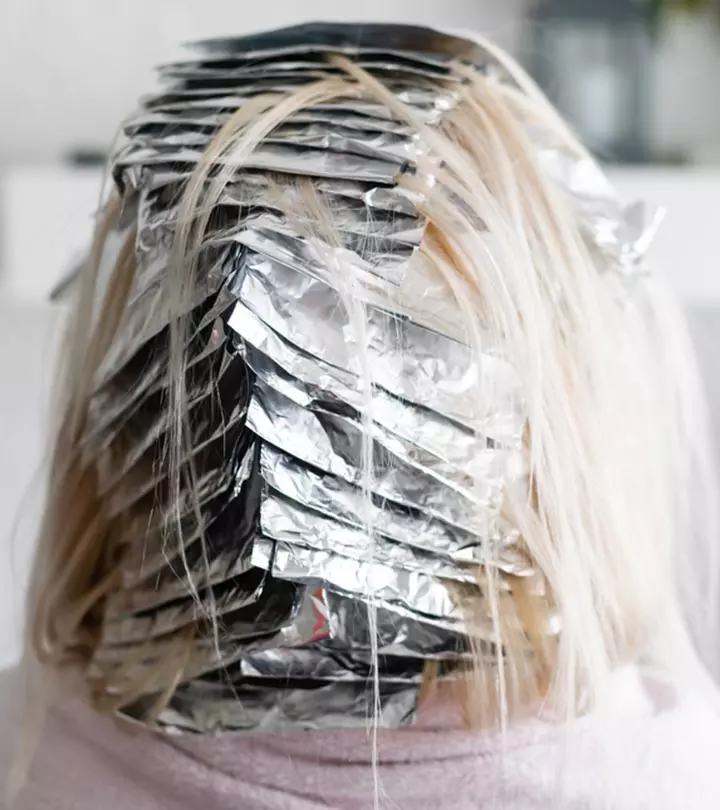
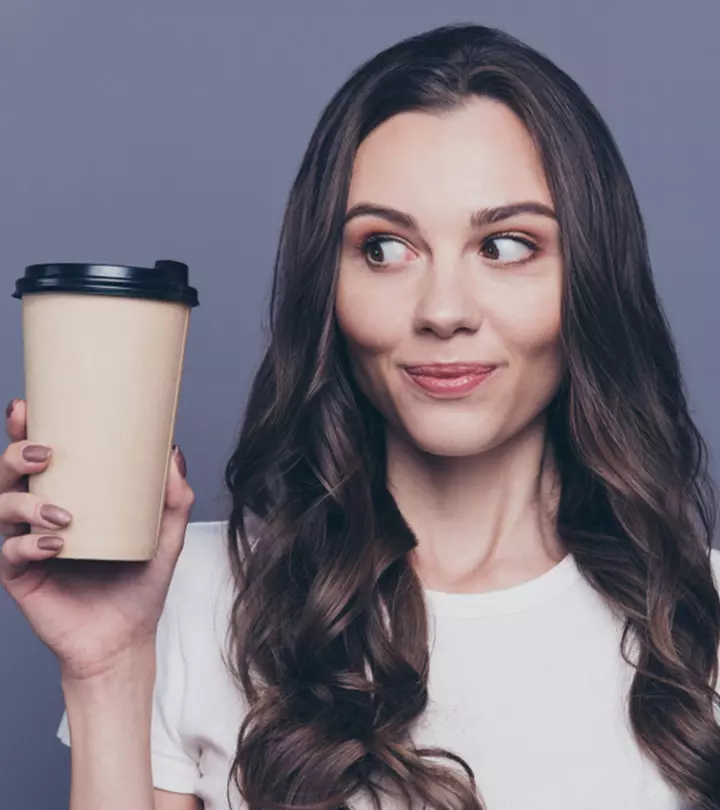
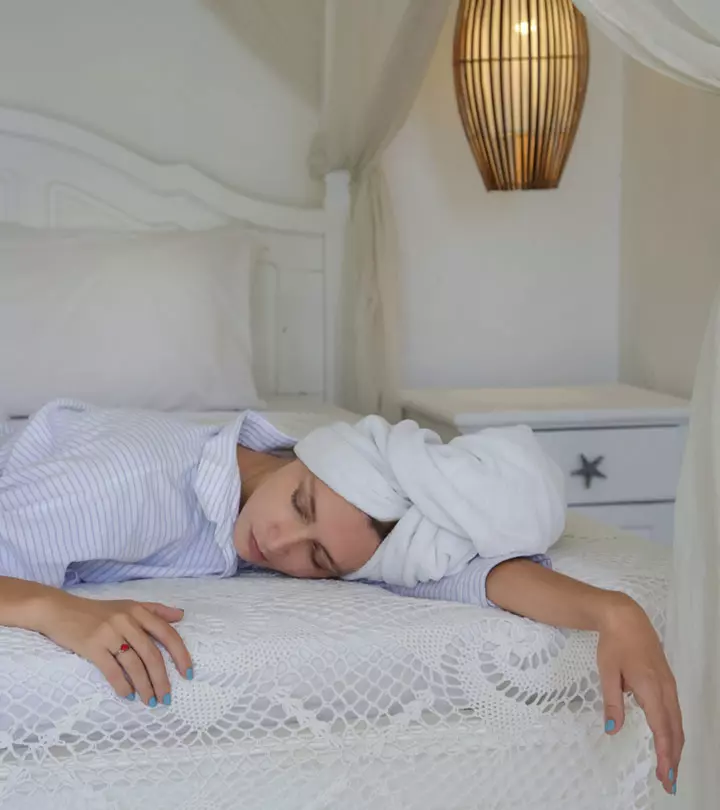
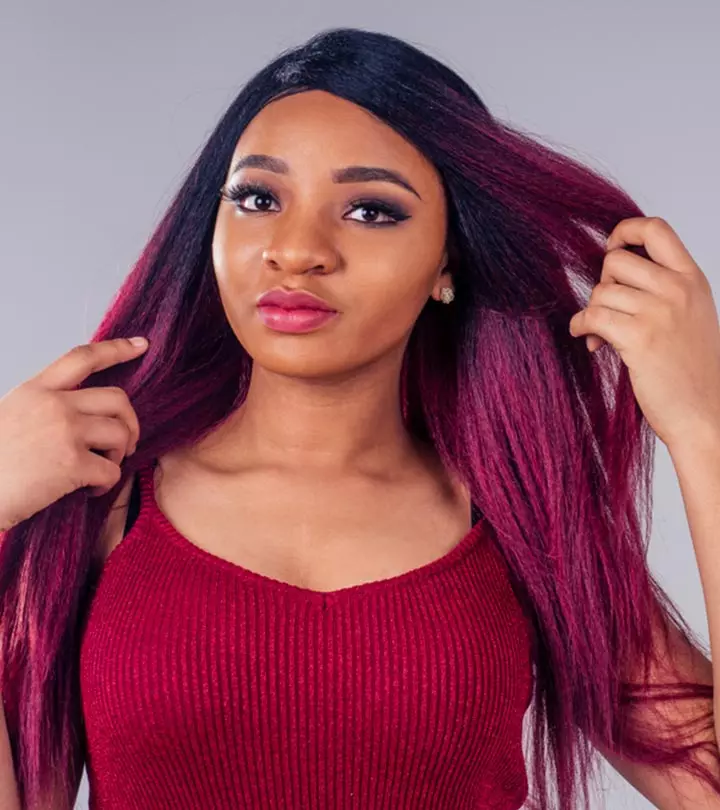
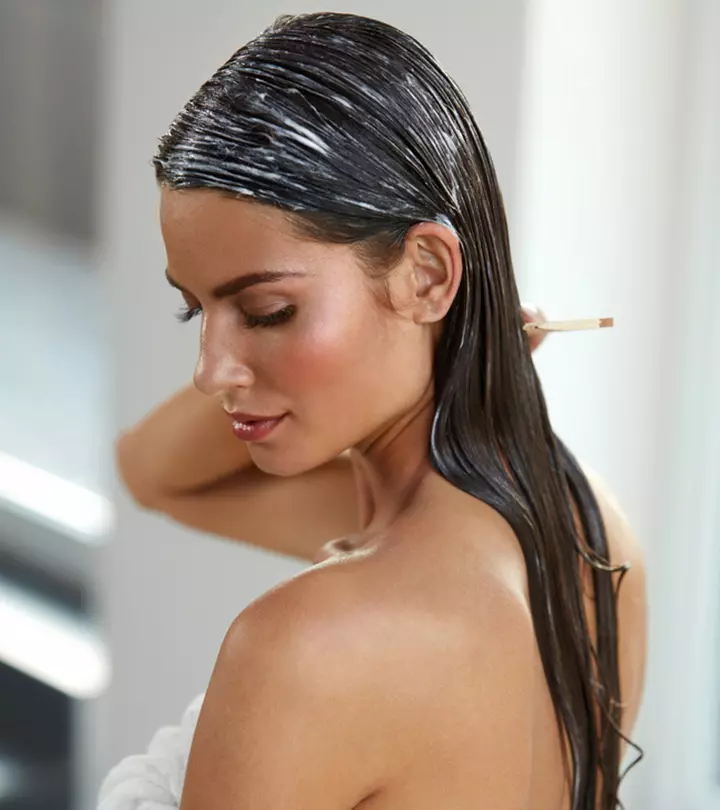
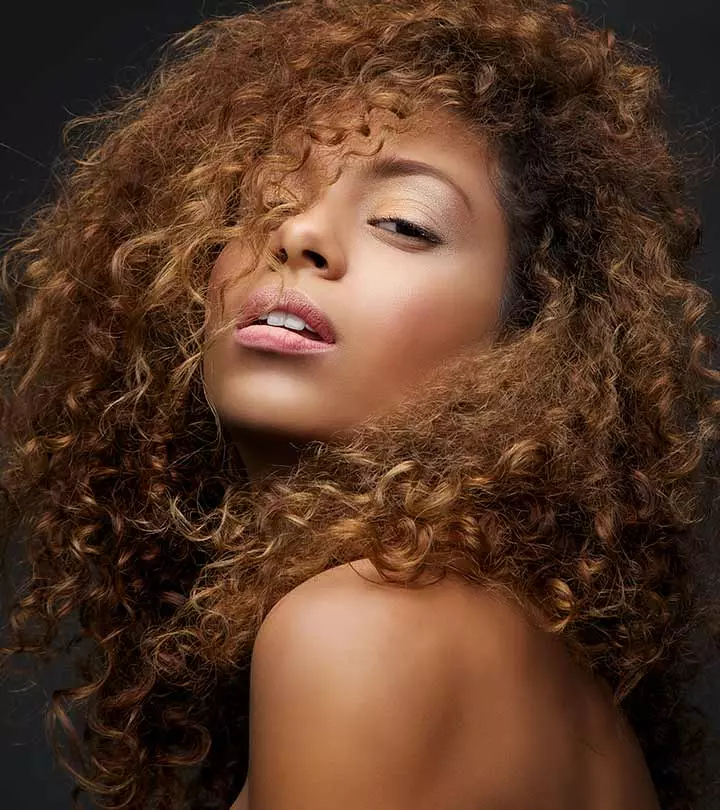
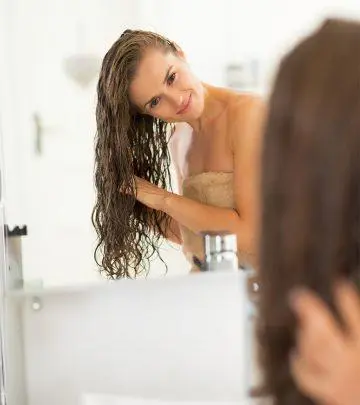
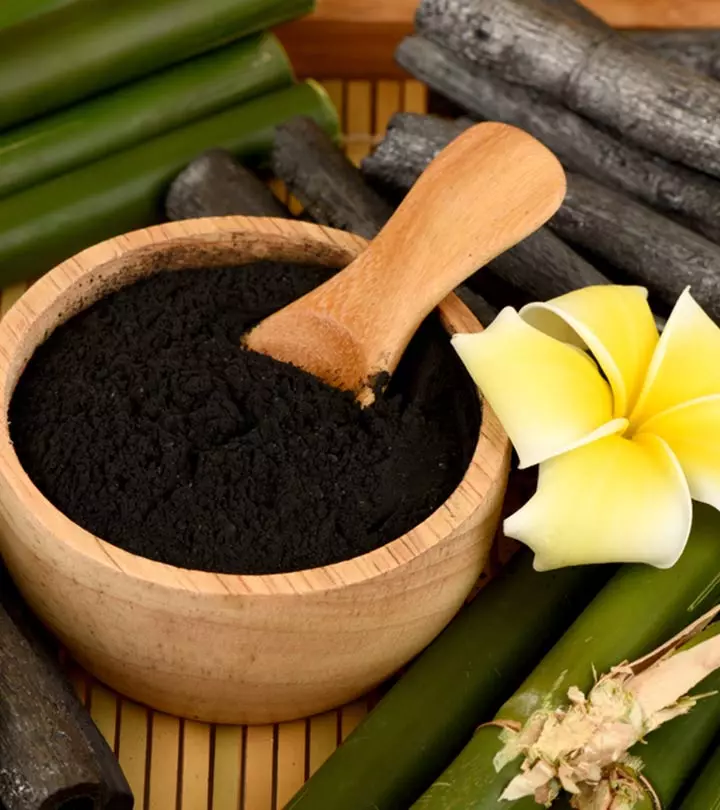
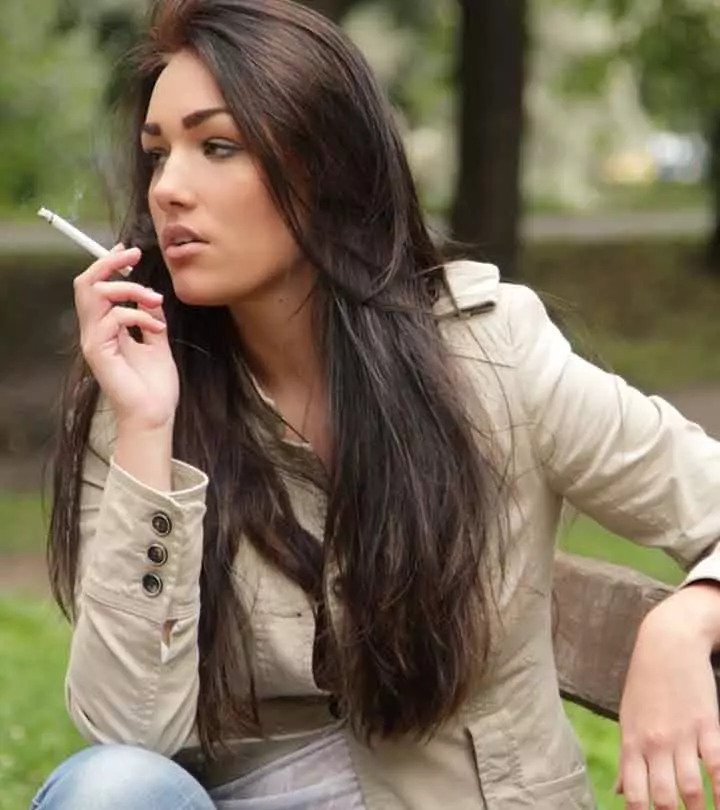
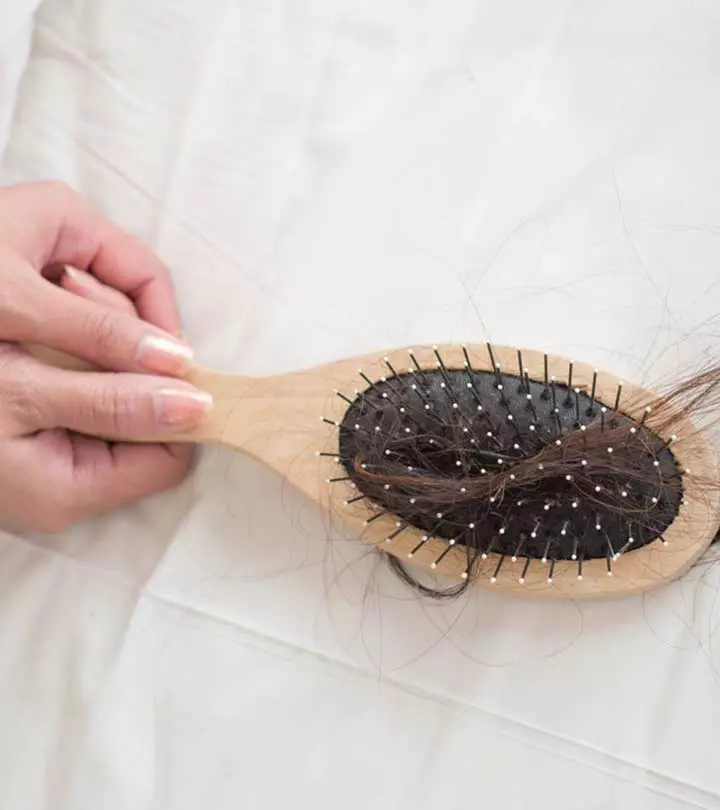
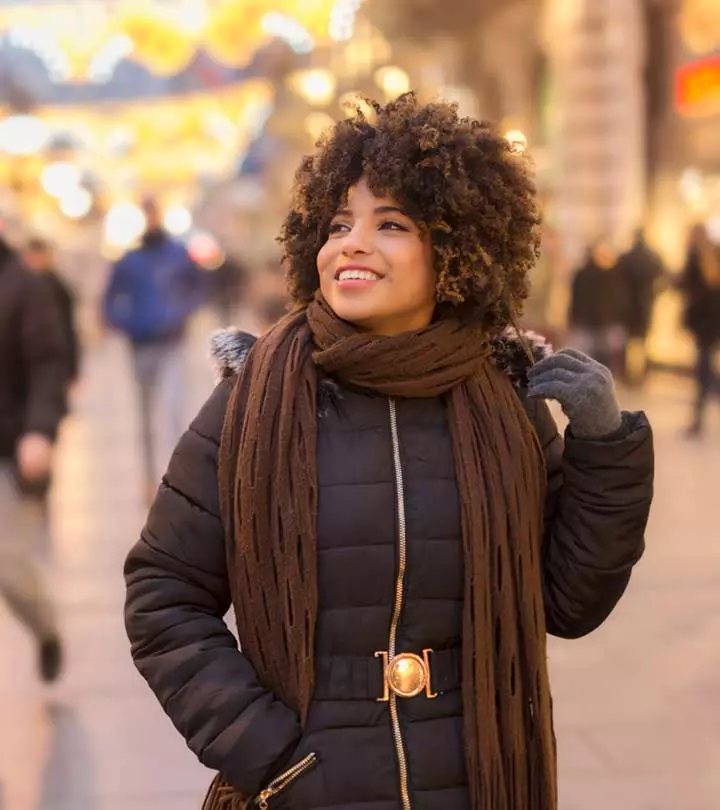
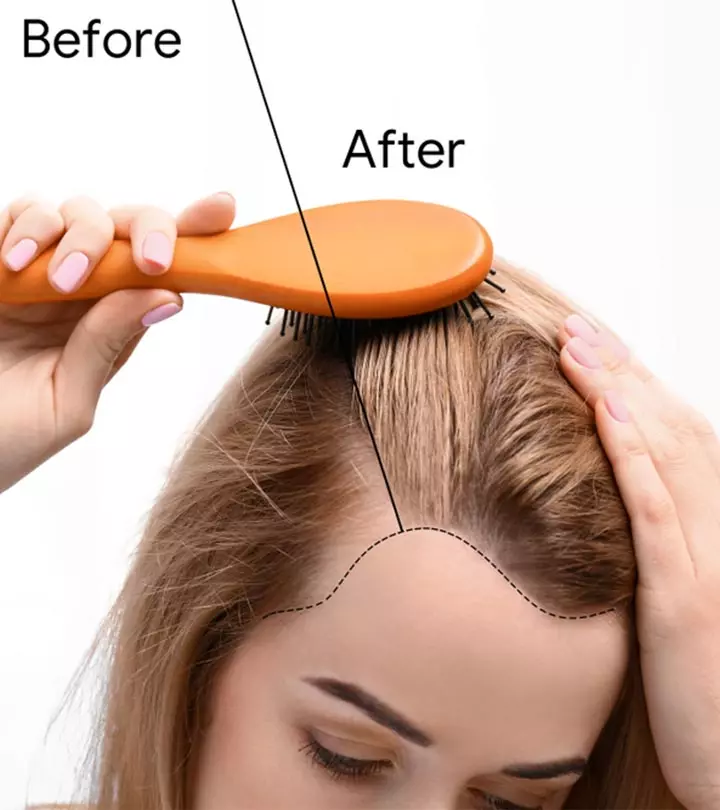
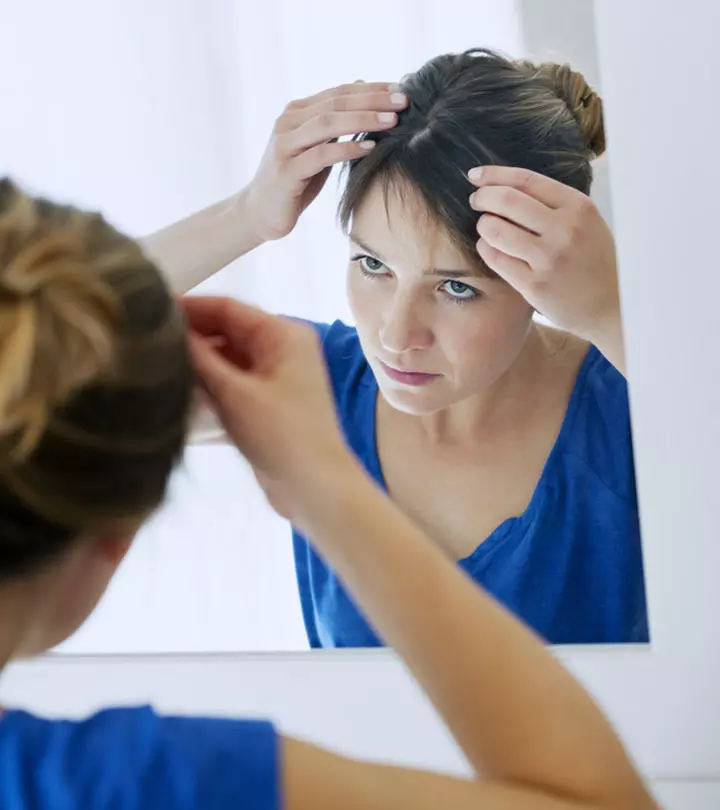
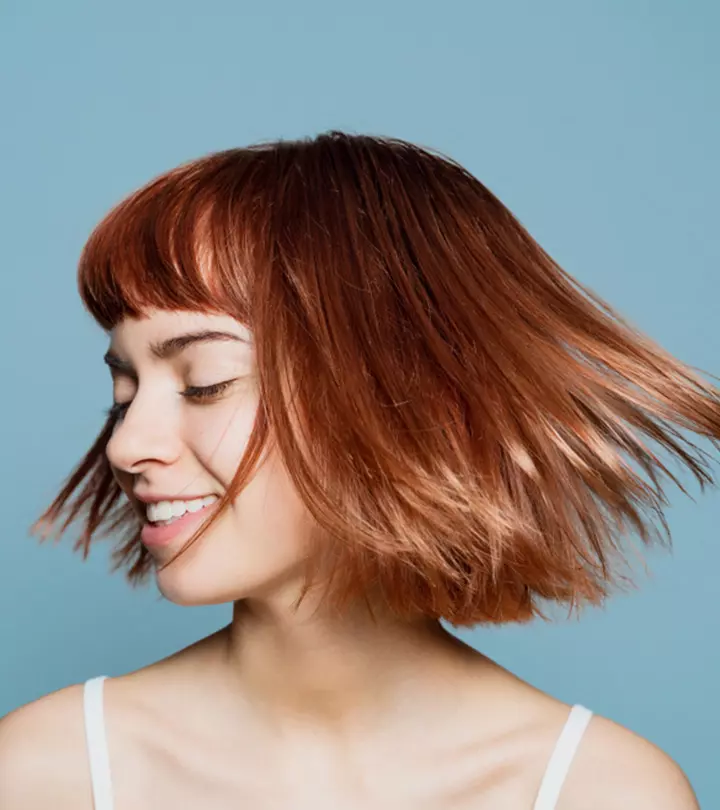
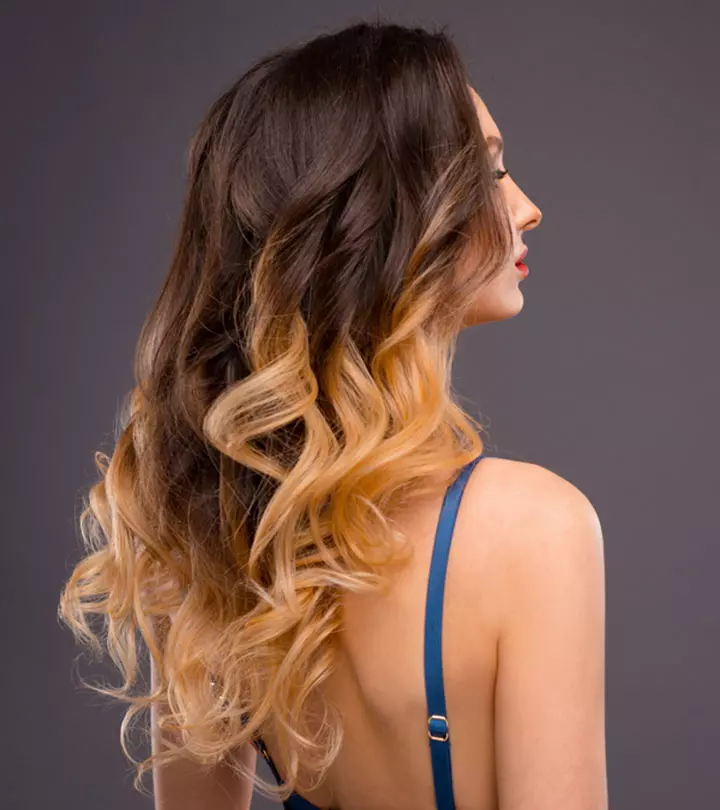
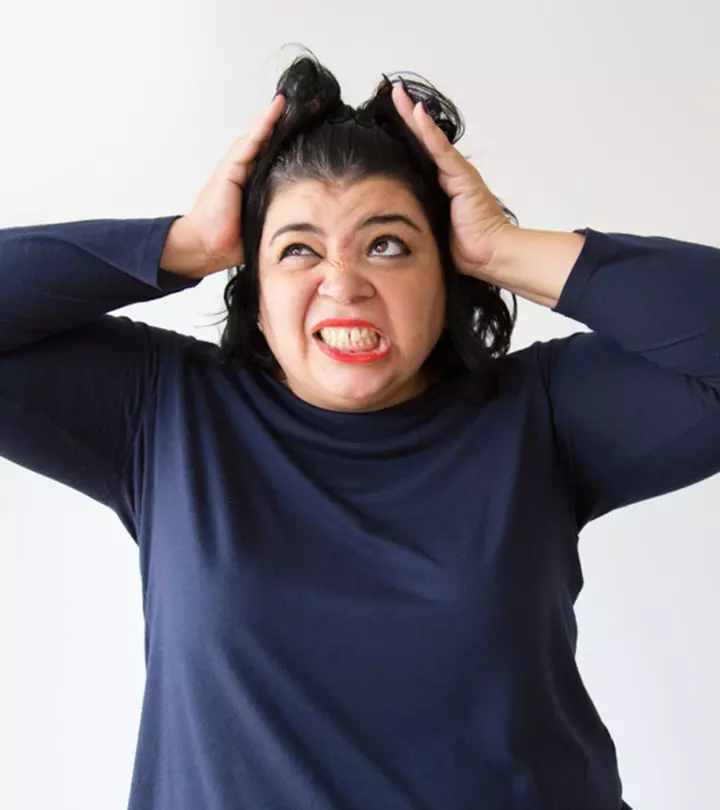
Community Experiences
Join the conversation and become a part of our empowering community! Share your stories, experiences, and insights to connect with other beauty, lifestyle, and health enthusiasts.